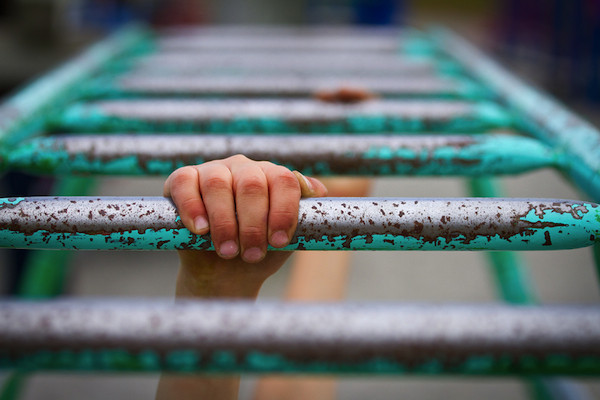
In my work as a life and career coach, something I’ve learned is that true self-belief is often quite different from what most people think. In many ways, it’s a paradox.
It’s not about being the loudest voice in the room or being the kind of person who feels the need to dominate or influence others. It has nothing to do with ego or status or outward measures of success. It’s not aggressive and it doesn’t even need to be overtly assertive. It can be gentle and kind while setting clear boundaries or quiet and calm while ambitiously pursuing your goals.
While our sense of self-belief is influenced by external factors, it is innately an internal state that begins with a deep sense of self-awareness and an understanding that the relationship we have with ourselves is complex and constantly changing. It will always be somewhat imperfect.
At any point in our lives, we can take steps to build self-belief in a balanced way.
Know your strengths and accept your weaknesses
True self-belief is as much about acknowledging your strengths as it is accepting your weaknesses. It’s not about feeling embarrassed or ashamed by what you can’t do, but rather recognising that each of us was put on this earth with a unique set of gifts and our great challenge is to embrace what we feel most energised to do.
When you know yourself well and you’re able to bring mindful awareness and non-judgement to all aspects of your personality, it’s possible to accept who you are – including your imperfections – while making conscious choices about how you want to develop and grow.
With insight into your strengths and your weaknesses, it’s more likely that you will make choices that are genuinely right for you, rather than choosing what others want or expect from you.
Move out of your comfort zone while practising self-care and self-compassion
True self-belief involves challenging yourself sometimes and moving outside your comfort zone if doing so moves you in the direction of your dreams.
It’s not about driving yourself into the ground or feeling that you need to be the most productive person in the room. It’s finding a balance that is healthy and sustainable.
Self-belief also means valuing yourself enough to prioritise self-care while cultivating the practice of self-compassion.
Give up comparing and competing
Importantly, self-belief is not about comparing yourself to others or judging other people for the choices they make when they differ from yours. There’s no sense of superiority or inferiority involved in real self-belief. You’re able to do as Brené Brown suggests and, “stay in your own lane”.
You remain focused on the things that matter to you and you allow others to live according to their own values.
Allow for differences of opinion while speaking up about injustice
Self-assured people are grounded and humble and they accept that life will occasionally bring differences of opinion. They know how to remain calm in the face of conflict but they’re willing to stand up for what they believe in. They don’t take differences of opinion personally. They’re curious about another person’s perspective and comfortable to disagree, but they’re also willing to be vulnerable and to admit to uncertainty at times.
They’re courageous enough to speak their minds and in the face of injustice, willing to express an opinion that’s unpopular when they truly believe in something.
True self-belief is generous but it has boundaries
True self-belief is not blindly self-interested. When you believe in yourself, you can be generous with your time and praise while accepting help or a compliment graciously. You’re open to negative feedback without feeling the need to be defensive, comfortable to apologise when you make a mistake and courageous enough to move away from roles and relationships that no longer support you.
Genuine self-belief means feeling a sense of agency about the choices you make in your life. As you begin to live your life authentically, you’ll be more confident to set healthy boundaries too.

